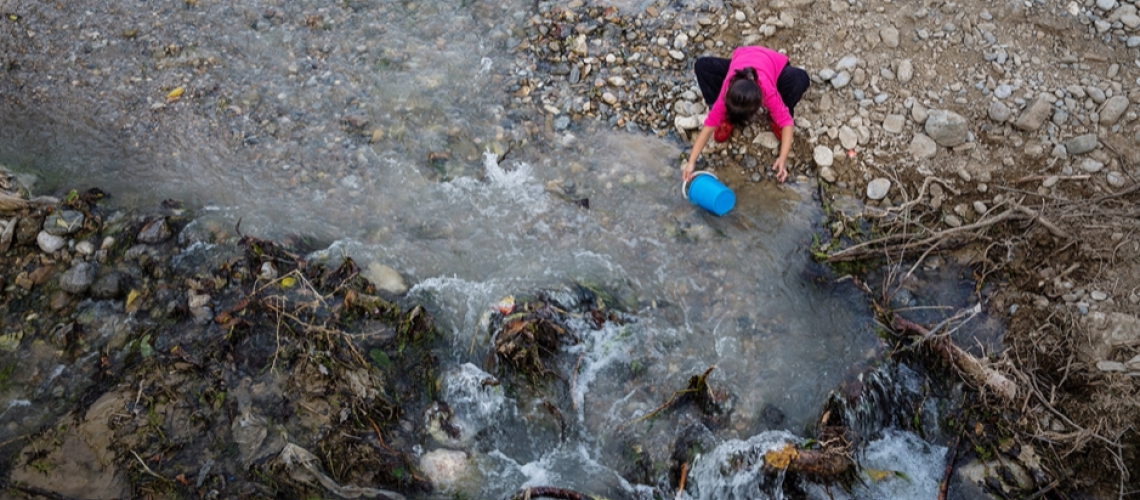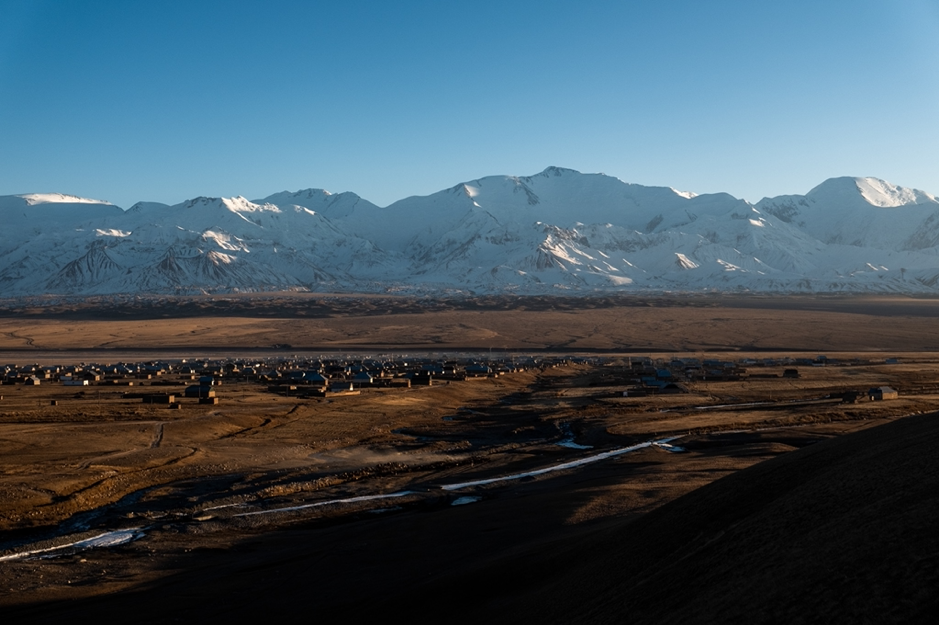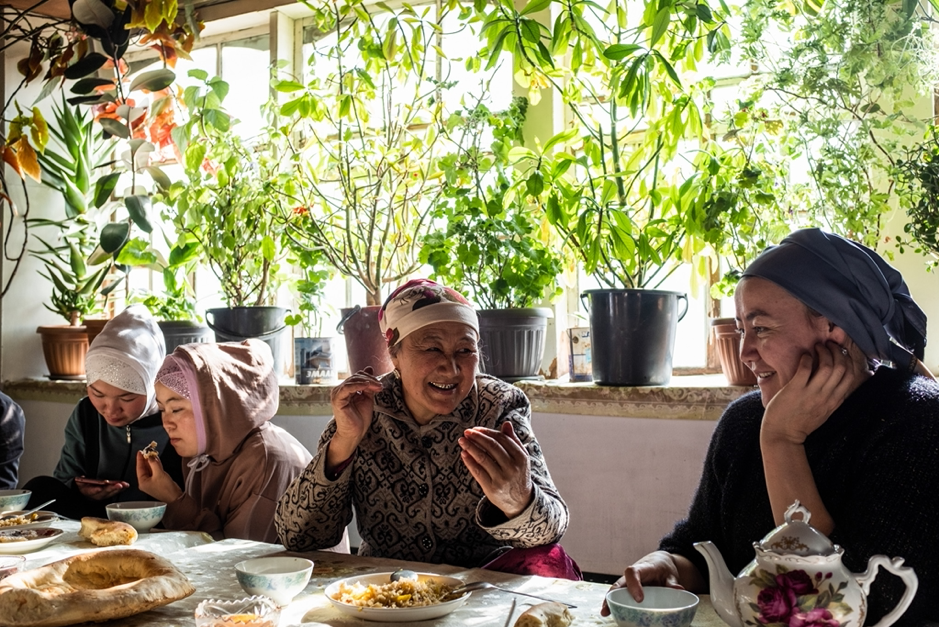
COVID-19 is requiring the CADRI Partnership to identify new ways of providing country support.
To adapt to the new circumstances, CADRI now offers several of its services remotely to countries, including the possibility to conduct a virtual scoping mission.
The first remote scoping mission was conducted in the Kyrgyz Republic from 1-4 June 2021, at the request of the Government. This mission aimed at defining the scope of the CADRI Partnership engagement in the country and the services to be provided.
The mission was led by a multi-disciplinary team of international experts from UNICEF, UNDP, UNDRR, FAO, and the CADRI Secretariat, as well as a national team with representatives from the Ministry of Emergency Situations (MoES), the Secretariat of the National Platform and the UN Country Team, including FAO, OCHA, UNDP, UNICEF, UNFPA, WFP, WHO, UNESCO and IOM.

The Kyrgyz Republic is a landlocked, mountainous country highly exposed and vulnerable to a range of geological, hydro-meteorological, biological and technological hazards. It is also one of the most seismically dangerous countries in Central Asia and has also a radioactive and toxic waste legacy. At the same time, the Kyrgyz Republic is highly vulnerable to climate change due to the dependence on glacial melt water for agricultural irrigation and energy.
In the past years, the country has made significant progress in reducing disaster risks. However, the integration of disaster risk reduction, climate change and environmental concerns across socio-economic sectors remains a challenge. In 2019, the National Concept of Comprehensive Protection of Population and Territories from Emergencies was adopted.
This plan is based on the priorities outlined in the Sendai Framework for Disaster Risk Reduction 2015-2030 and articulates the country’s priorities in disaster risk reduction:
- development of legislative and regulatory infrastructure to manage disaster risk at national and local level;
- implementation of mitigation and response measures;
- strengthening the unified information management system and establishing a nationwide early warning system.
The National Concept on DRR presents an opportunity to re-assess how the UN system and other development partners can better coordinate and align their interventions to further strengthen the integration of DRR across socio-economic sectors and support a long term and sequenced strategy to reduce risk and mitigate disaster impact across key sectors.
During the four days of the scoping mission, the CADRI Partnership held series of virtual meetings with the UN Country Team, Development Partners Coordination Council, MoES and the group meetings with key ministries from the social, economic and ecology sectors.

The preliminary mission findings indicate the need to support the Kyrgyz Republic with the multi-sectorial capacity diagnosis and provide analysis and recommendations to risk-inform the national development plan and DRR planning at national and local levels, focusing on the following identified priority areas:
- Disaster risk governance, and DRR planning and budgeting at national and local levels
- Overall cross-sectoral coordination and sectoral preparedness
- Capacities for national and local level risk assessments and systems for collection, analysis, usage and sharing of risk information
- Capacities for damage and loss data collection, analysis, sharing and usage
- Early Warning Systems for rapid- and slow onset disasters
Following the scoping mission, the CADRI Partnership will issue a mission report and ToR for the Government’s consideration, which will guide the extent of CADRI’s engagement in the country.
